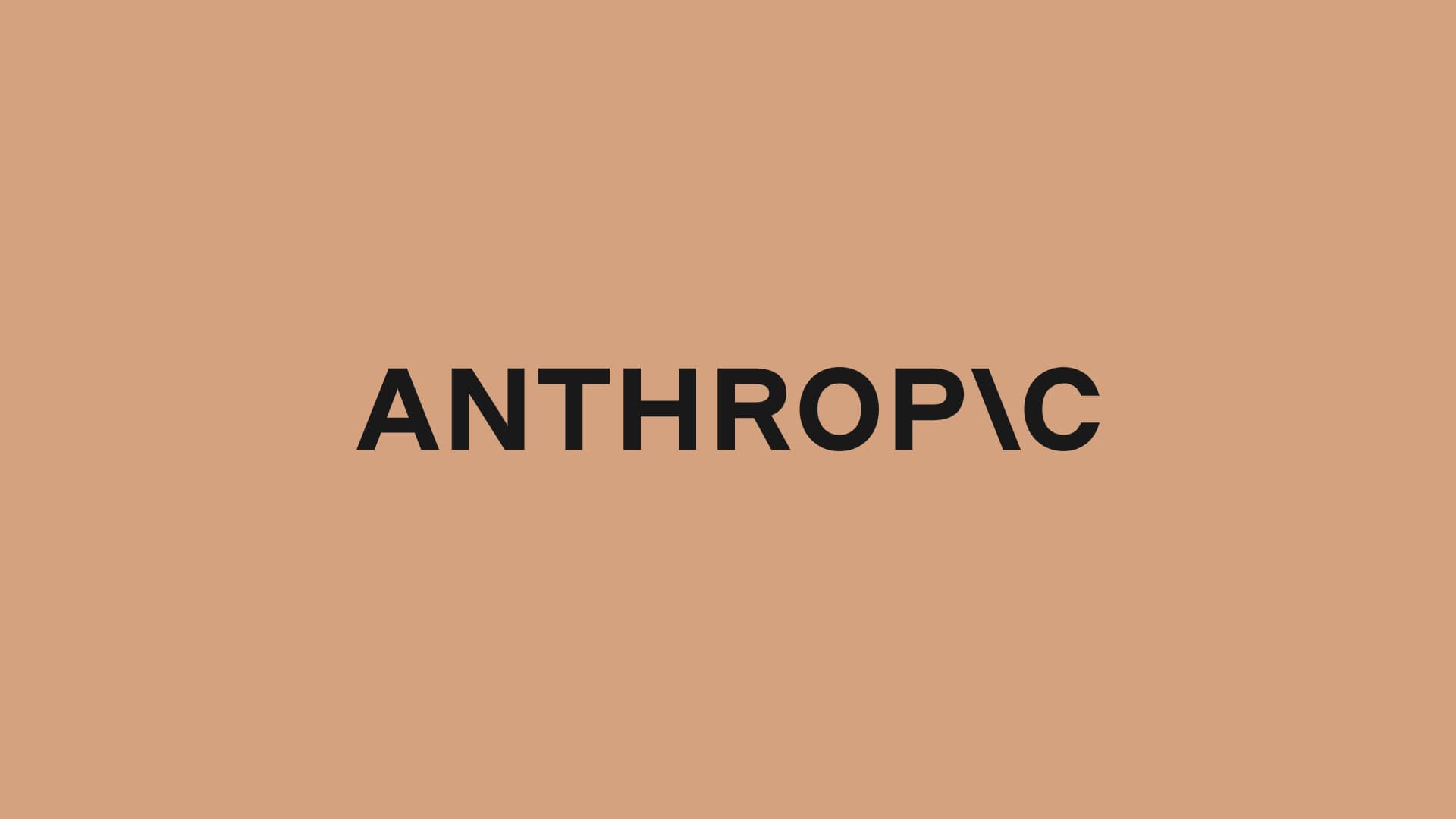Canada and Denmark have signed a joint statement to deepen collaboration in quantum research and innovation.
The agreement, announced at the European Quantum Technologies Conference 2025 in Copenhagen, reflects both countries’ commitment to advancing quantum science responsibly while promoting shared values of openness, ethics and excellence.
Under the partnership, the two nations will enhance research and development ties, encourage open data sharing, and cultivate a skilled talent pipeline. They also aim to boost global competitiveness in quantum technologies, fostering new opportunities for market expansion and secure supply chains.
Canadian Minister Mélanie Joly highlighted that the cooperation showcases a shared ambition to accelerate progress in health care, clean energy and defence.
Denmark’s Minister for Higher Education and Science, Christina Egelund, described Canada as a vital partner in scientific innovation. At the same time, Minister Evan Solomon stressed the agreement’s role in empowering researchers to deliver breakthroughs that shape the future of quantum technologies.
Both Canada and Denmark are recognised as global leaders in quantum science, working together through initiatives such as the NATO Transatlantic Quantum Community.
A partnership that supports Canada’s National Quantum Strategy, launched in 2023, and reinforces its shared goal of driving innovation for sustainable growth and collective security.
Would you like to learn more about AI, tech and digital diplomacy? If so, ask our Diplo chatbot!










